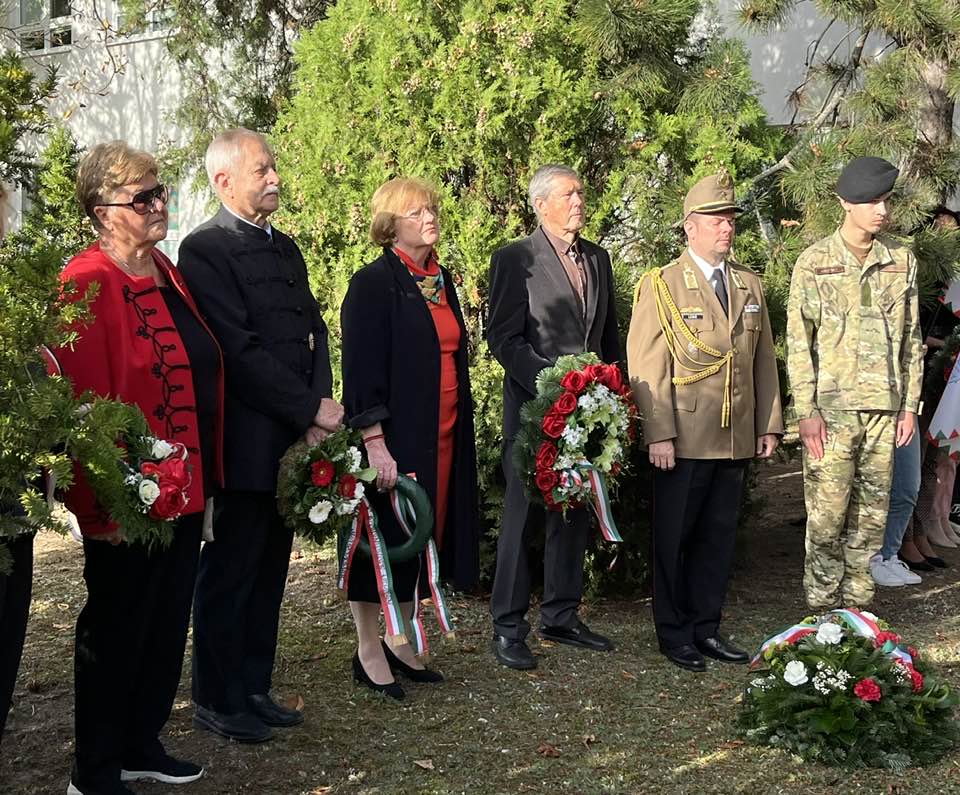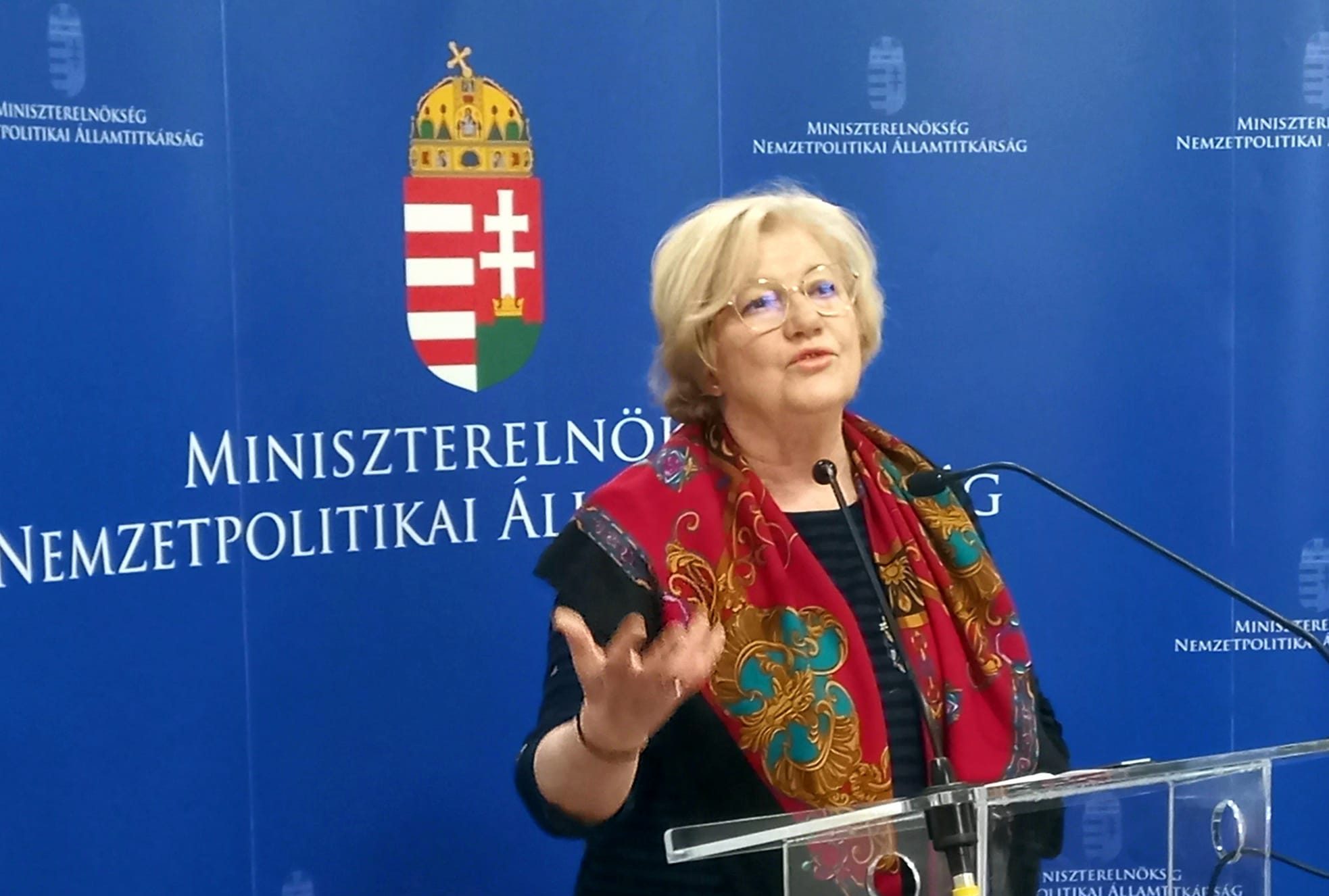
"March 15, 1848 is still a valuable example and a day of great value for the Hungarian nation," said Katalin Szili.Continue reading

At the launch of the fourth volume of the Carpathian Basin Hungarian Minority Rights Guide, dealing with the situation of Hungarians in Slovenia, Katalin Szili, the Prime Minister’s Senior Advisor and former Speaker of the Parliament, said that Slovenia’s recognition of the Muravian Hungarians as an original minority alongside the Italians living in the coastal regions is exemplary.
The aim of the series of volumes launched in 2022, the latest about Hungarians living in the Muravian region, was to provide Hungarian minorities with fresh material to inform them about their rights.
At the launch of the book, Katalin Szili stressed that
all our fellow citizens who identify themselves as Hungarians have the right to express their nationality and to live their Hungarian identity.”
She added that Slovenia does not discriminate against the Hungarian and Italian minorities living there, but gives them additional rights. As an example, she said that while in other countries minority rights are derived from the protection of the state language, Slovenians do so because of the importance of preserving their identity and do not seek to assimilate national minorities. In Slovenia, everyone has the right to choose their own national identity, the right to use the mother tongue in official contexts, and the right to education in the mother tongue, he said, adding that at the University of Maribor, Hungarian language and literature courses are available in Hungarian.
Szili said that the cultural autonomy of the Slovenian community in Hungary and the Hungarian community in Slovenia has now been achieved, and this is a benchmark in Europe.
Ferenc Horváth, a Hungarian member of the Ljubljana Parliament, confirmed that Slovenia was the country in the Carpathian Basin which had the best record of ensuring the rights of local minorities, for example by retaining the right to hold double elections for its citizens, meaning that minorities could choose from Slovenian parties as well as their own national candidates. This is “positive discrimination,” and in addition to Slovenian, Hungarian is an official language too, and national symbols can be used freely.
The fourth volume of the publication, published by the State Secretariat for National Policy of the Prime Minister’s Office and Bethlen Gábor Fund Management Ltd., is available online.
Via MTI; Featured Image: Facebook / Dr. Szili Katalin